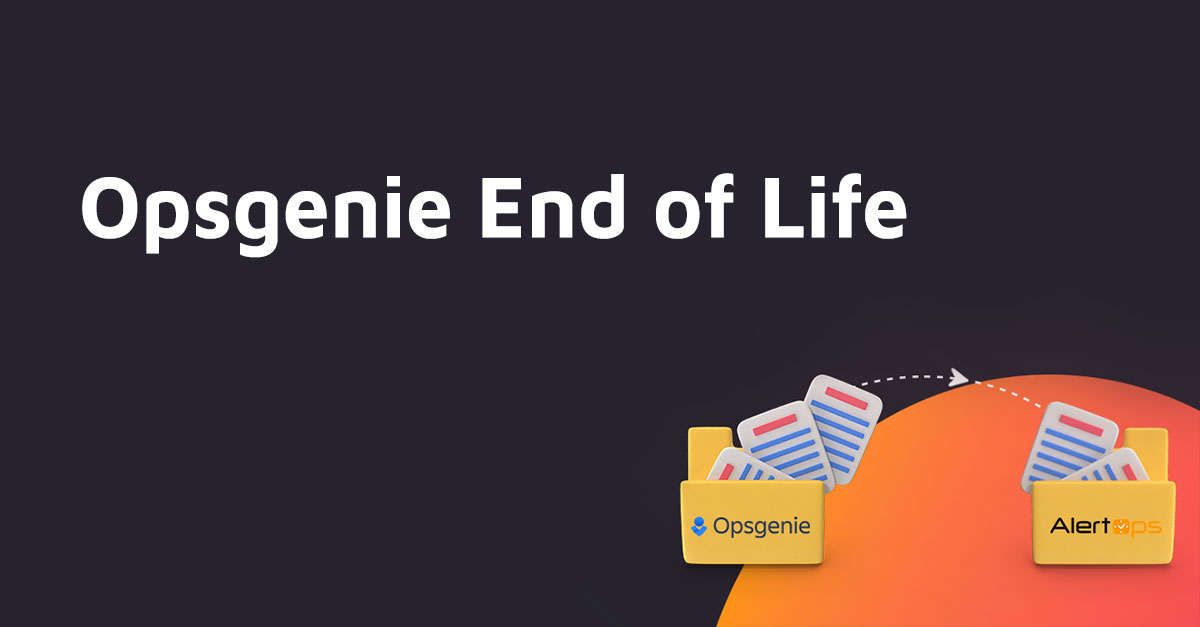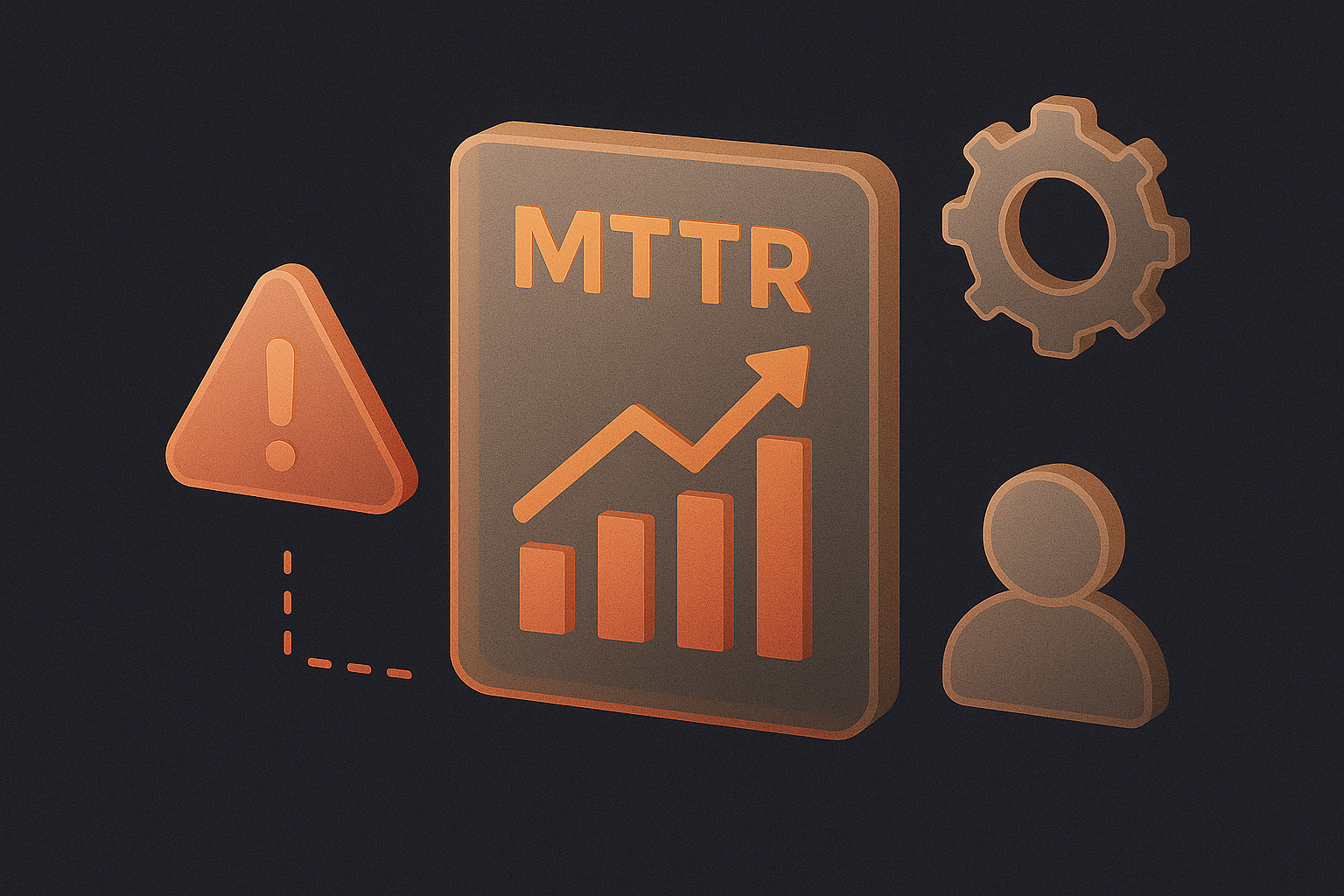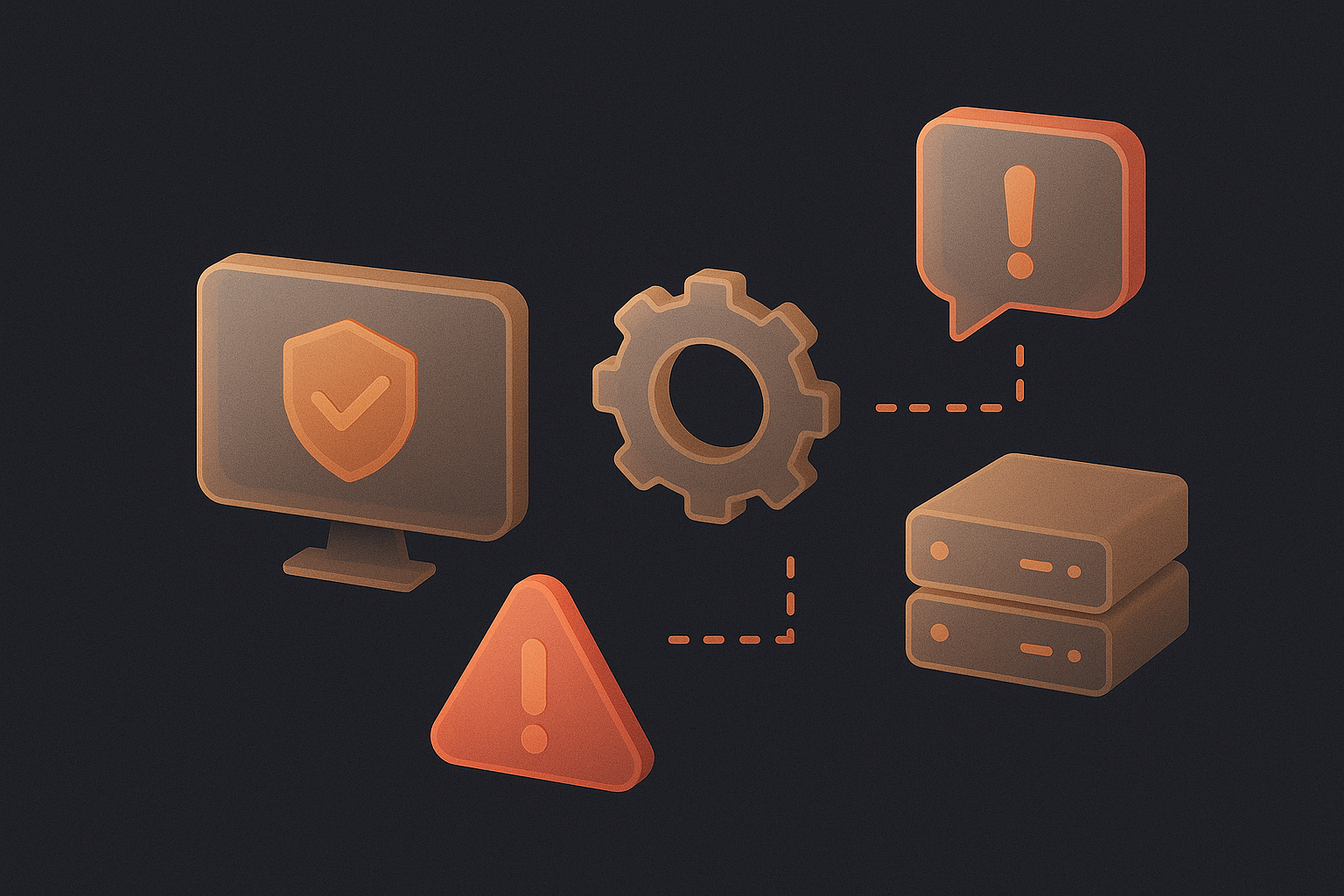If you’ve been relying on Opsgenie for real-time incident alerts and on-call scheduling, you’ve likely seen the writing on the wall: Opsgenie is being absorbed into Jira Service Management (JSM).
For some teams, that may sound like a logical step forward. But for others, it poses a much more critical question:
Do you really need a full ITSM platform—or just a fast, reliable alerting system?
From Focused Alerting to Full ITSM (Whether You Asked for It or Not)
Opsgenie earned its place as a trusted solution for incident notifications, escalations, and on-call management. It was lightweight, reliable, and purpose-built for teams that needed to respond quickly to outages or operational issues.
Now, Atlassian has decided that those same features only live inside JSM Premium and Enterprise plans. That means you no longer get just alerting—you get a bundled IT service management suite:
- Change management
- Asset tracking
- SLA dashboards
- Approval workflows
- Service request queues
If your team is focused solely on DevOps, reliability, or incident response, it’s clear: JSM is offering more than you need—at a higher cost and with greater complexity.
What You Actually Need: Simplicity, Speed & Control
For most teams that used Opsgenie, the essentials haven’t changed:
- Fast, reliable, and customizable alerts
- Multi-channel notifications (SMS, voice, Slack, Teams, push, email)
- Flexible on-call scheduling and escalation workflows
- Clear visibility into who’s responsible and what actions are being taken
- Simple integrations with monitoring tools like Datadog, AWS, and Splunk
You don’t need ticketing systems. You don’t need CMDBs.
You need to get the right alert to the right person, right away—and resolve issues fast.
Enter AlertOps: A True Opsgenie Alternative
AlertOps is designed for teams that care about incident response—not ITSM overhead.
It provides all the capabilities that made Opsgenie great, with none of the complexity that JSM now introduces.
- Advanced on-call scheduling with custom rotations, overrides, and escalations
- Real-time alerting across multiple channels, including voice, SMS, email, push, Slack, and Microsoft Teams
- Powerful noise reduction and alert prioritization
- 200+ out-of-the-box integrations with monitoring, chat, and ticketing tools
- Workflow automation to create and resolve incidents, notify teams, and log key metrics
Most importantly, AlertOps doesn’t force you into an ITSM model to access alerting.
You only pay for what you need—incident management, plain and simple.
Avoid the ITSM Bloat
As Atlassian sunsets Opsgenie and moves users to JSM, many teams are discovering the downsides:
- A steeper learning curve for features they don’t use
- Higher per-user costs due to bundled functionality
- More time spent configuring workflows that aren’t relevant to their ops team
- Delays in incident response due to process-heavy design
If you just want alerting, why be forced into change management and service catalogs?
AlertOps is lean by design, giving DevOps and IT teams what they need—and nothing they don’t.
Seamless Migration from Opsgenie
Migrating from Opsgenie to AlertOps is simple and fully supported.
Our team helps you move:
- On-call schedules
- Alert policies and routing rules
- Team member assignments
- Integrated monitoring and ticketing tools
You won’t lose coverage, momentum, or visibility. In fact, you’ll gain better control, deeper automation, and cleaner visibility into incident performance.
You Have a Choice—And It Doesn’t Have to Be JSM
Just because Opsgenie is being rolled into JSM doesn’t mean you need to go along with it.
You can keep what worked, ditch what you don’t need, and upgrade your incident response—without the overhead, licensing constraints, or unnecessary tools.
Ready to Move On?
If your team doesn’t need full-service ITSM, you shouldn’t be forced into it.
AlertOps is here to help you move forward—on your terms.
Let us show you how easy it is to switch.



